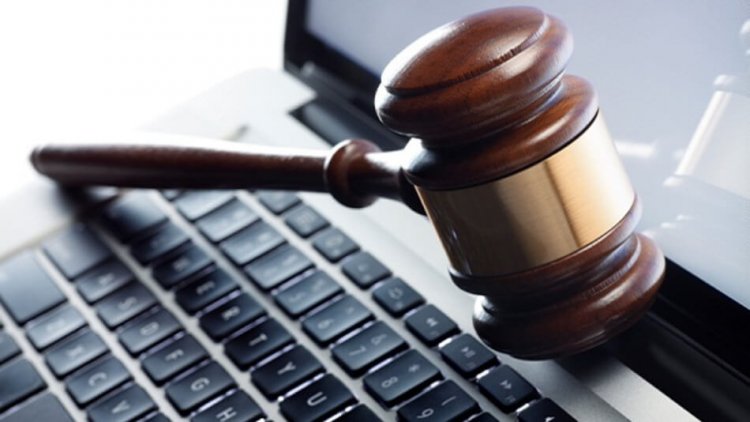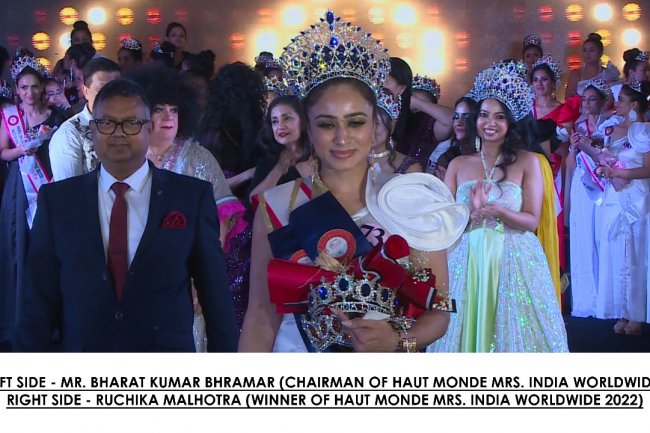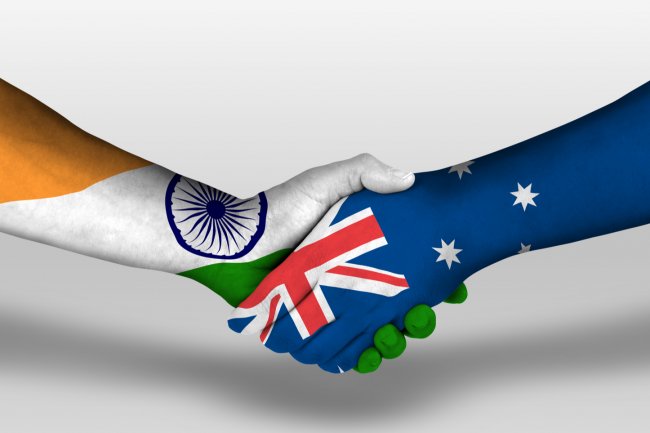For a more accessible, secure, and accountable online space, the government has announced upcoming changes to the Information Technology (Intermediary Guidelines and Digital Media Ethics Code) Rules 2021.
Citizen constitutional rights protection is an absolute necessity. The rules, titled "These Rules mark new collaboration between the Government & Intermediaries in establishing & keeping our Internet Safe & Trusted for all Indians," require intermediaries to uphold the rights guaranteed to Indian citizens in Articles 14, 19, and 21 of the Indian Constitution. - Assistant Minister Rajeev Chandrasekhar

It is imperative that citizens of India have their constitutional rights protected. The government of India, led by Prime Minister Shri Narendra Modi, is committed to upholding its people' and Digital Nagriks' rights. remarked Minister of State Shri Rajeev Chandrasekhar to the media while addressing the topic of the modifications to the IT intermediary Rules 2021, which were notified by the Government on the 28th of October, 2022.
These reforms, which are aimed at defending the rights of Digital Nagriks, were notified by the Ministry of Electronics and Information Technology as part of a major drive toward an Open, Safe, and Trusted and Accountable Internet. In addition to this, it strengthens the criteria for exercising due diligence and ensures the accountability of social media and other intermediaries. They have been informed of the situation in light of the numerous complaints that have been lodged concerning the actions or lack of actions taken by the intermediaries in response to user concerns about objectionable content or the suspension of their accounts.
As a result of this important responsibility being placed on intermediaries, it is now expected that there will be no uploading of content that intentionally communicates any misinformation or information that is obviously false or untrue. Intermediaries will also be expected to ensure that there is no uploading of content that violates the terms of service.
Additionally, the guidelines have made it quite clear that the intermediary is required to respect the rights that are guaranteed to Indian citizens by Articles 14, 19, and 21 of the Indian Constitution.
Shri Rajeev Chandrasekhar, who spoke on the new sets of laws, stated that these adjustments have been implemented to ensure that the Internet is open, safe, and trusted, as well as accountable for our digital nagriks. After carrying out an intensive public consultation process in which all relevant parties were included, the Ministry ultimately decided to notify everyone of the revisions.
The Minister affirmed that "these rules marks new partnership between the Government and Intermediaries in making and keeping our Internet Safe and Trusted and Accountable Internet" while also sharing the Government's vision and intent to work along with intermediaries for achieving the common goal of keeping the internet Safe and Trusted. This was done in order to achieve the common goal of keeping the internet Safe and Trusted.
The revised regulations can be seen on the website of the Ministry and can be accessed at the following locations:
https://egazette.nic.in/WriteReadData/2022/239919.pdf
The following is a list of important modifications that have been made to the rules:
(a) At the moment, the only thing that intermediaries are required to do is educate users about not posting certain kinds of content that is harmful or illegal. As a result of these modifications, intermediaries will be subject to a legal requirement to make steps that are commensurate with the circumstances to stop users from uploading illegal information. Because of the new provision, fulfilling the intermediary's duties won't just be a matter of going through the motions anymore.
(b) In order to ensure that the rules and regulations of the intermediary are effectively communicated to all parties involved, it is imperative that the communication take place in a variety of regional Indian languages.
(c) The grounds listed in rule 3(1)(b)(ii) have been rationalised, and as part of this process, the phrases "defamatory" and "libellous" have been removed from the rule. The content will be subjected to judicial review in order to determine whether or not it is libellous or defamatory.
(d) Some of the content categories in rule 3(1)(b) have been rephrased to deal specifically with misinformation, as well as anything that has the potential to instigate violence between various religious or caste groups.
(e) The amendment stipulates that intermediaries have to respect the rights that users are granted by the Constitution. These rights include the reasonable expectation of due diligence, privacy, and transparency.
(f) Grievance Appellate Committee(s) shall be created so that users can appeal against the inaction of, or decisions taken by intermediaries on user complaints. This will allow users to appeal against the decisions taken by intermediaries on user complaints. Nevertheless, users will never lose their right to seek any kind of relief through the legal system.
What's Your Reaction?




















